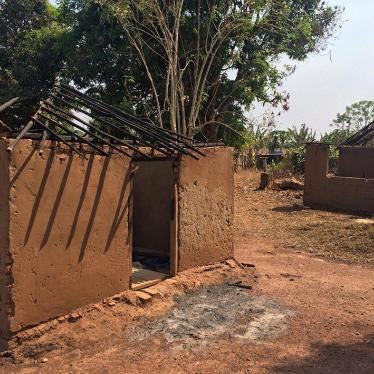Южный Судан: Нарушения со стороны вооруженных сил распространяются на запад
Необходимы «гибридный суд» и эмбарго на поставки оружия

In February 2020 the parties formed a unity government comprising government and opposition leaders, led by President Salva Kiir, Riek Machar as first vice president, and four other vice presidents. Prior to the formation of the new government, fighting reduced in most parts of the country but sporadic fighting and related abuses have continued in parts of the Equatorias. Conflict-related sexual violence including abductions for sexual slavery has been widespread since conflict started in December 2013.
Large parts of key towns and essential civilian infrastructure such as clinics, hospitals, and schools, have been looted, destroyed, and abandoned. More than 4 million people have been forced to flee their homes, one hundred and ninety thousand of whom are sheltering in United Nations compounds and hundreds of thousands as refugees in neighboring countries. All parties continued to restrict access for the UN and humanitarian groups to conflict affected areas. The government has become increasingly intolerant and repressive, arbitrarily detaining critics, members of civil society, journalists and politicians often holding them for extended periods, sometimes years, without charge or trial. Leaders from all parties have failed to prevent abuses by their forces or hold them to account. Eight leaders and commanders are subject to UN individual sanctions

23 февраля 2022
Необходимы «гибридный суд» и эмбарго на поставки оружия

Необходимо привлечь солдат-нарушителей к ответственности и обратить внимание на межэтническое насилие